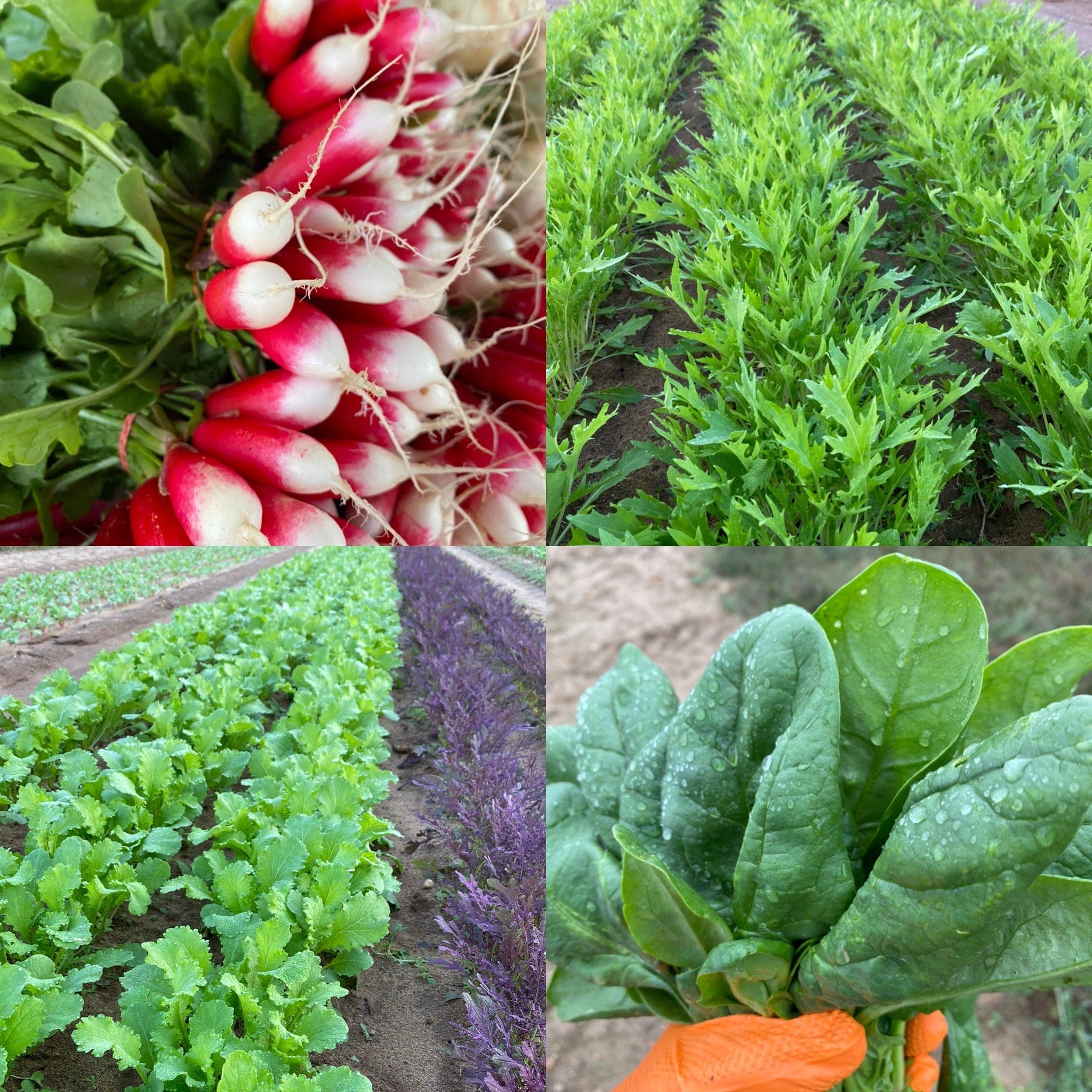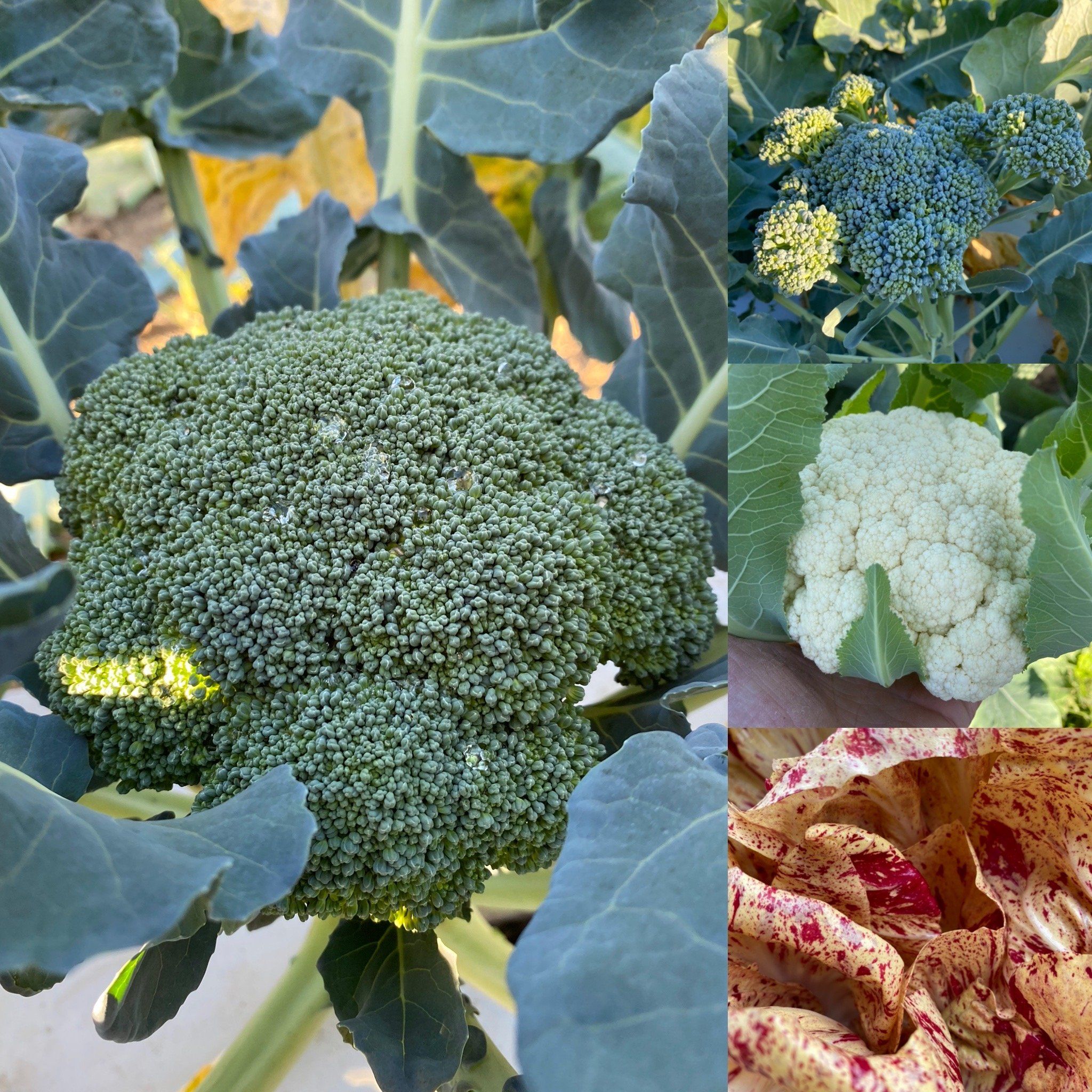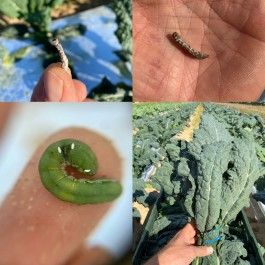D&V Organics CSA Week 22
Because organic agriculture has broken more into the mainstream, millions of dollars is invested annually into research and education initiatives around pest control on organic farms. Large multinational corporations have invested heavily in the organic pest control sector as well as well-known land grant universities such as UMASS, Michigan State, Ohio State and PennState to name a few. From time to time we are asked about pests in organic agriculture and how they can be controlled. Some people assume that because we grow organic produce, we don't use any sprays to control pests. There are pest control materials (sprays) that are available to organic farmers for controlling a myriad of pests. All of the organic materials are evaluated by the US EPA and through one of two independent third party laboratories that reviews and tests the materials according to the National Organic Standards Board (NOSB) criteria. Most importantly, all of the approved organic materials are natural in origin (naturally occurring elements, plant extracts, bacteria or fungi that compete with or kill pests). We find it next to impossible to grow acceptable looking crops without the use of organic pest control materials. Our first choice isn't to reach for something in a bottle to control pests, but to use cultural controls (like crop family rotations, establishing flowering plants within our fields to attract beneficial insects, eliminating weeds by hand or with tractors to limit habitat for pests, etc.) to combat pest problems. After scouting our fields and determining whether or not there is a pest population that may cause an economic impact, then we proceed with an alternative control measure such as spraying for a particular insect. What is advantageous about organic spray materials is that most are very specific in which insect they target. So when we are spraying for insect "X" we aren't also killing insects that may be impacting our crops in a positive way (beneficial insects). This week's picture (clockwise from top left) is of some dead imported cabbage worms, ICW (a major pest in all cole crops), some very nice Lacinato Kale from this Fall, and a parasitized Beet Army Worm, BAW, where a tiny parasitic wasp lays eggs on the worm, serving as the host and causing death to the worm.
We are in what feels like the home stretch for this year's CSA. When we set up this year's CSA, we realized that most people may need to skip a week here and there or go on vacation and not want to miss out on their weekly boxes. So we worked with Harvie to develop a share that included most of our growing season (from the middle of May into December), but afforded members some level of flexibility to reschedule their shares to compensate for weeks they might be unavailable. Most of our members signed up before the start of the season and opted for the full 24 week share. If you're one of those members and haven't scheduled any weeks off over the course of the growing season, you'll have three more weeks of produce or until you have reached your 24 weeks. And, if you've rescheduled your share at some point over the season, you should expect additional boxes. Information for your deliveries can be found in your member profile under future deliveries. If you're not sure where you stand, please reach out to us at support@harvie.farm
Enjoy,
Derek & Vicky




